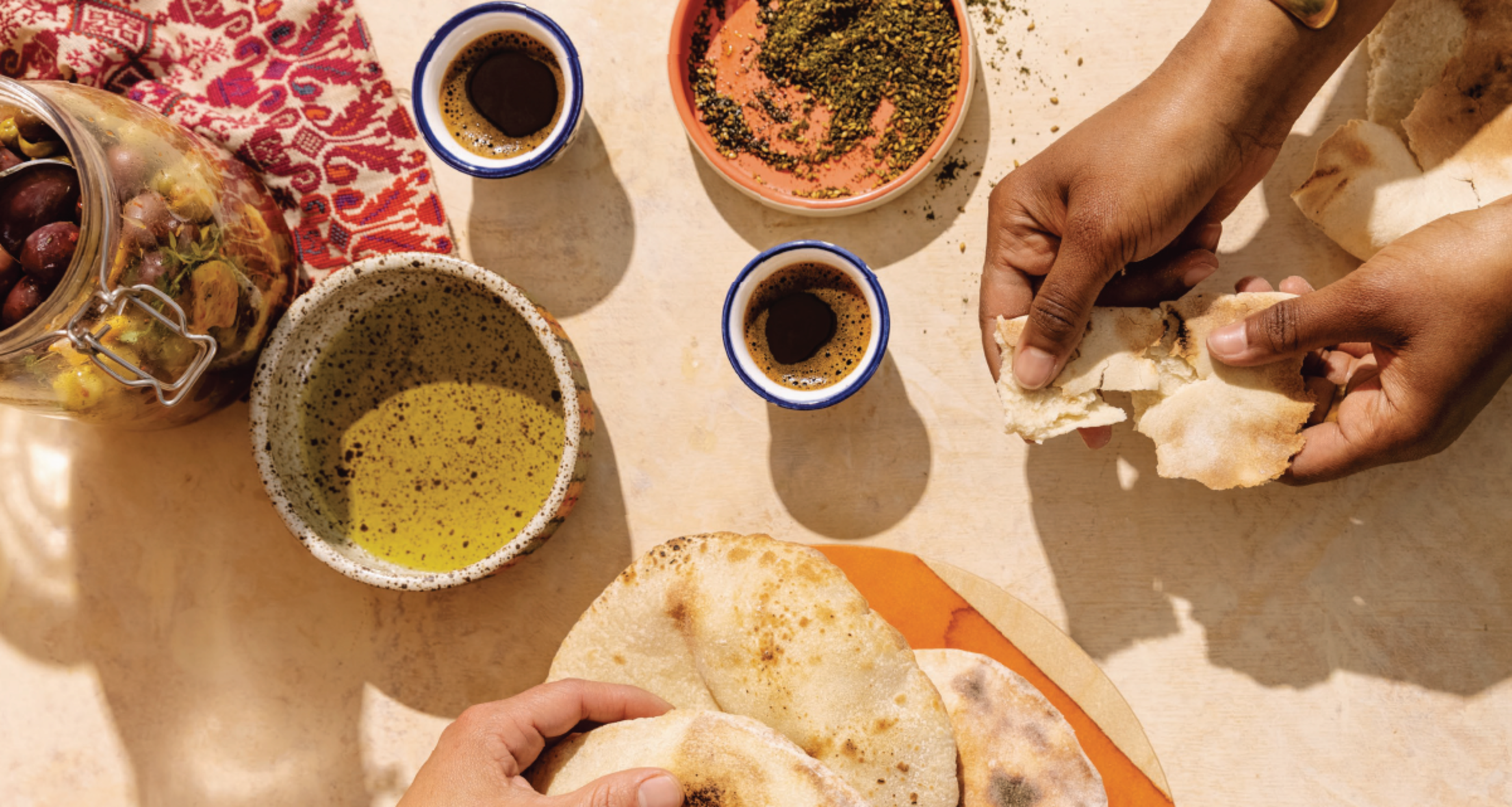San Francisco chef and restaurateur Reem Assil has been spending a lot of time on the road lately. The promotional tour for her first cookbook, Arabiyya: Recipes from the Life of an Arab in Diaspora, has recently taken her to Los Angeles, Washington, D.C., and Austin.
But she won’t have far to travel for her next event. Reem’s California, her restaurant on 24th Street, is just a short walk to Omnivore Books on Food (opens in new tab), where she is scheduled to appear this Friday, May 20.
“It’s been amazing to see people all over the country buy this book and feel inspired by it,” Assil said of crossing U.S. in support of Arabiyya. The chef adds she has been particularly moved upon seeing people post pictures of the dishes they’ve learned to make from her book.
But before Assil was providing people with fodder for their Instagram accounts, she was one of many local chefs who have taken their dreams of starting a restaurant to the next level with the help of a San Francisco-based incubator for women of color chefs. Since 2015 when she first participated in La Cocina’s food business incubator program, Assil has become a leader on the Bay Area’s culinary scene.
She now hopes that she can use her growing platform to celebrate Arab culture as well as Arab foods. For her, that celebration includes shifting “the hearts and minds of people.”

On Instagram last week, Assil talked about the death of the Palestinian-American journalist Shireen Abu Akleh. In response to her grief she wrote, “I was crying because I’ve had to mourn in silence. I’m APPALLED at the deafening silence of everyone around me, from journalists to progressive influencers in my industry and beyond.”
In addition to drawing attention to important causes beyond the borders of the Bay Area, Assil is also working to bring people into her personal world—by giving readers a glimpse of her home life and inviting them into her kitchen. Part one of the cookbook, “How to Host Like an Arab,” cuts to the heart of this endeavor.
Arabiyya speaks about Assil’s personal history—she is half-Syrian and half-Palestinian—but she said, “I’m trying to get people to see the intersectionality of our communities and that we all have a role to play in building a stronger, more connected world.” She hopes that her cookbook will humanize her story, that readers will reconsider the way they think about Arabs in America, immigrants and communities of color.
“Arabs have had to overcome a lot to be able to cook our own foods, to stand in our own dignity, to say who we are in the face of anti-Arab backlash in this country, but also the displacement of our people through war and occupation.” Assil explained.
These aspects of her memoir aren’t separated from the recipes for her celebrated mana’eesh, labneh and baba ghanouj. Assil imagines there’s a space in everyone’s kitchen that’s free of racism and xenophobia. “Food is a tangible way to understand more about each other,” she said.
